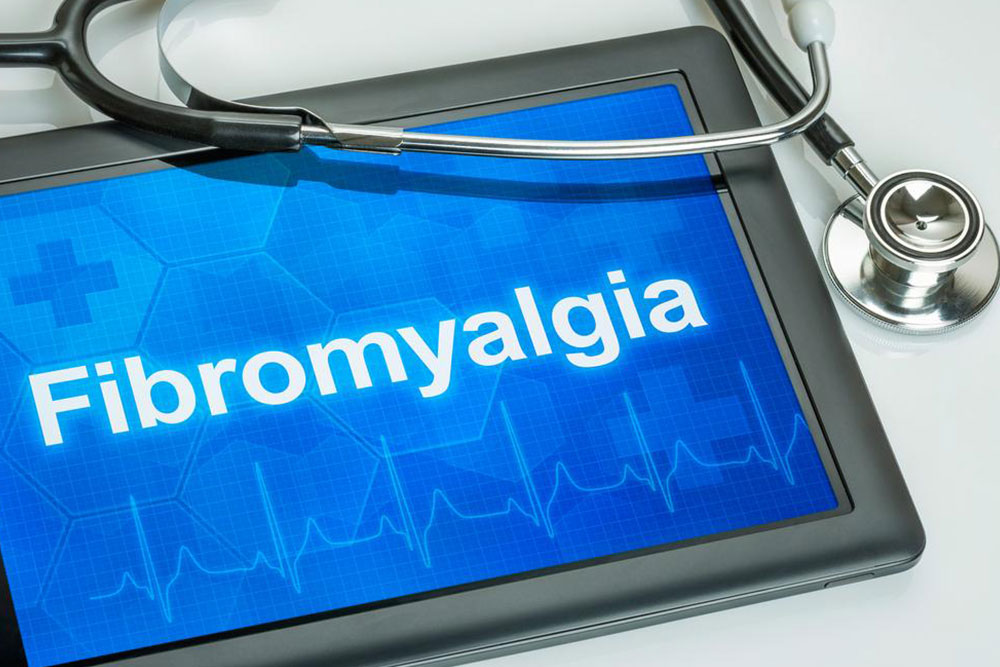Fibromyalgia – Symptoms and diagnosis
A handful of people consider fibromyalgia to be a new medical condition, although it has existed for quite a long time. In the early 19th century, it was categorized as a rheumatoid issue that brought about stiffness, torment, weariness, and sleeping difficulty. From a scientific perspective, fibromyalgia is a prolonged pain state, in which the nerve jolts cause pain, originating mainly in the tissues of the body.
Symptoms of fibromyalgia
Symptoms in most cases develop after a physical trauma, injury, surgery, contamination or mental anxiety. In other cases, symptoms increasingly mount up over time with no particular triggering event. Women are more prone to developing fibromyalgia symptoms than men. Many individuals who have fibromyalgia likewise have strain migraines, temporomandibular joint issue, irritable bowel syndrome, anxiety, and depression.
Although fibromyalgia is categorized with other arthritic conditions, it’s important to know that fibromyalgia is not a type of arthritis. Arthritis causes inflammation and affects the joints. On the other hand, fibromyalgia neither causes inflammation, nor damages muscles, joints, and tissues. Diagnosis of fibromyalgia is difficult.
In addition to pain, individuals affected by fibromyalgia may also face anxiety, concentration and memory problems known as “fibro fog”. It weakens the ability to focus, pay attention and concentrate on mental tasks. Fibromyalgia often co-exists with other excruciating conditions, such as irritable bowel movement, migraine, headaches, and interstitial cystitis or painful bladder syndrome.
Individuals often awaken tired, despite adequate sleep and rest. Sometimes sleep process may be disrupted by pain. Numerous patients with fibromyalgia have other sleep disorders like restless legs syndrome and rest apnea.
Why is it difficult to diagnose fibromyalgia?
This is one ailment that doesn’t have numerous obvious signs. One of the main symptoms of fibromyalgia is widespread pain. This torment is regularly felt throughout the body and can be initiated by the smallest touch.
Additional symptoms frequently ascribed to fibromyalgia include a comorbid disorder incorporate myofascial pain syndrome, also referred to as long-term myofascial pain, diffuse non-dermatomal paresthesia, functional bowel disturbances and irritable bowel syndrome, genitourinary indications and interstitial cystitis, dermatological disarranges, cerebral pains, myoclonic twitches, and symptomatic hypoglycemia.
Pain related to fibromyalgia may be limited in zones. For example, shoulders, neck, low back, hips, or different areas. Numerous sufferers additionally encounter differing degrees of myofascial pain and have high rates of comorbid temporomandibular joint dysfunction. At least 20 to 30 percent individuals with rheumatoid arthritis and systemic lupus erythematosus may have fibromyalgia.
Is a cure possible?
The condition is not completely curable. The treatment is generally symptomatic. Different medications are prescribed to manage and reduce the pain. Quality sleeping will relieve the patient from fatigue and trauma. Also, alternative therapies are considered to be quite effective in managing the condition. The patient may opt for chiropractic therapies and in general, incorporate a healthy and active lifestyle.



